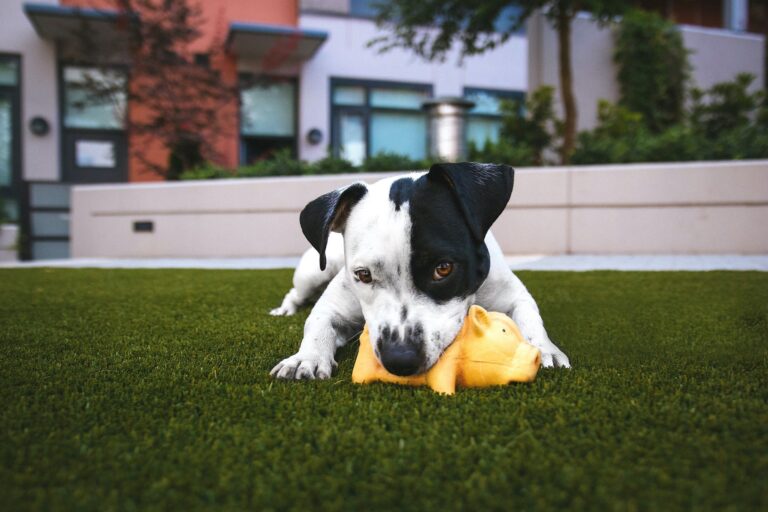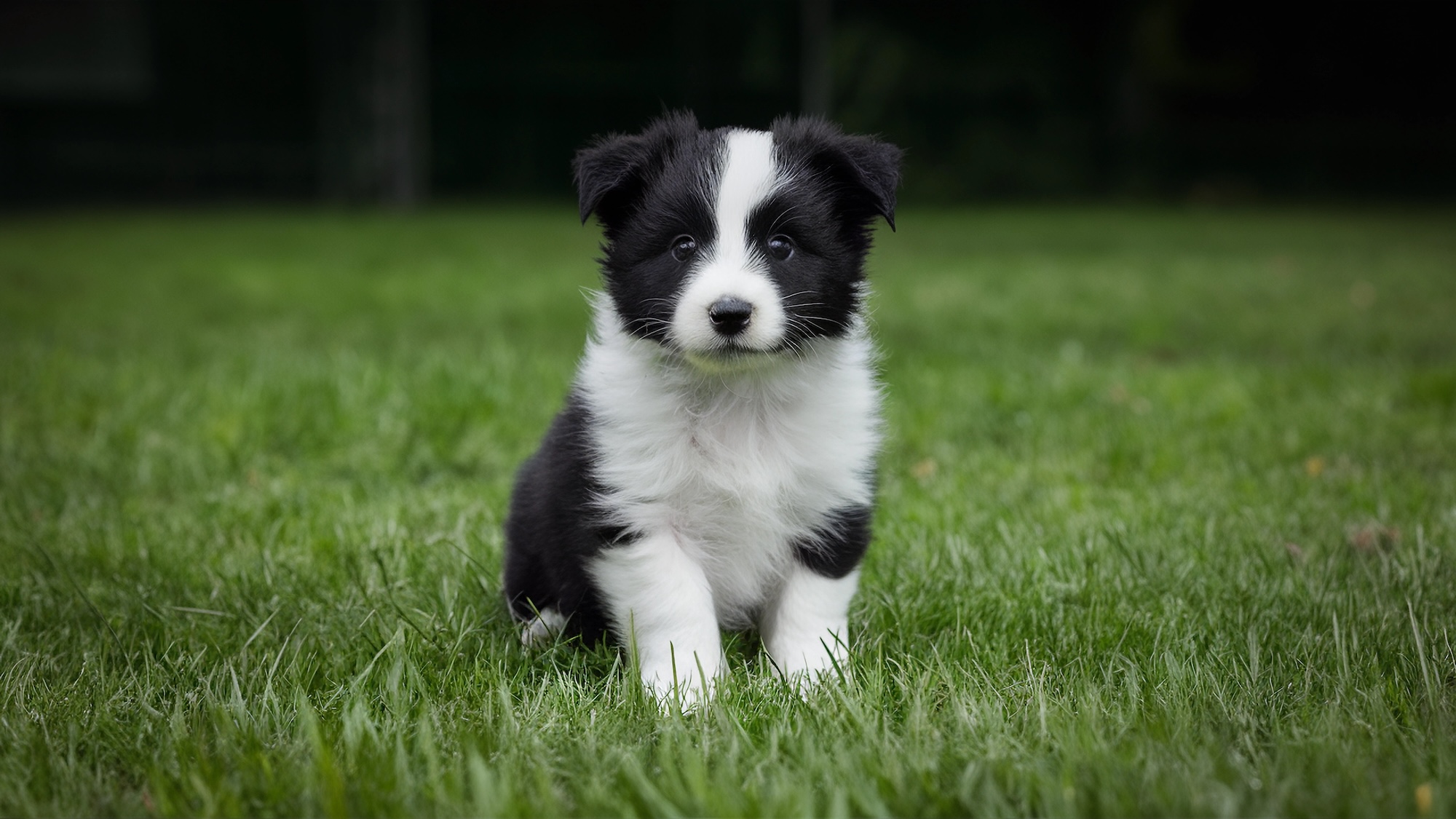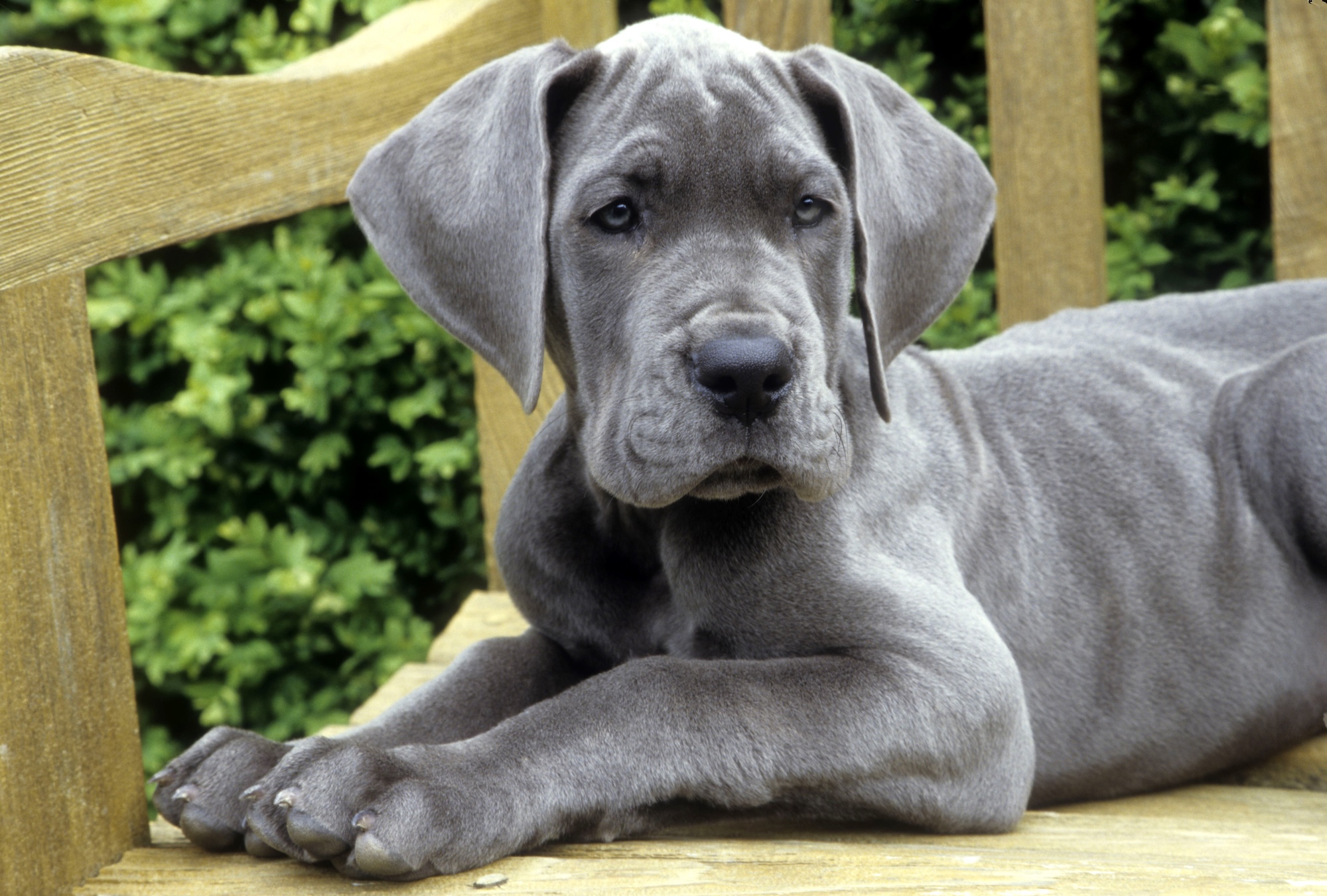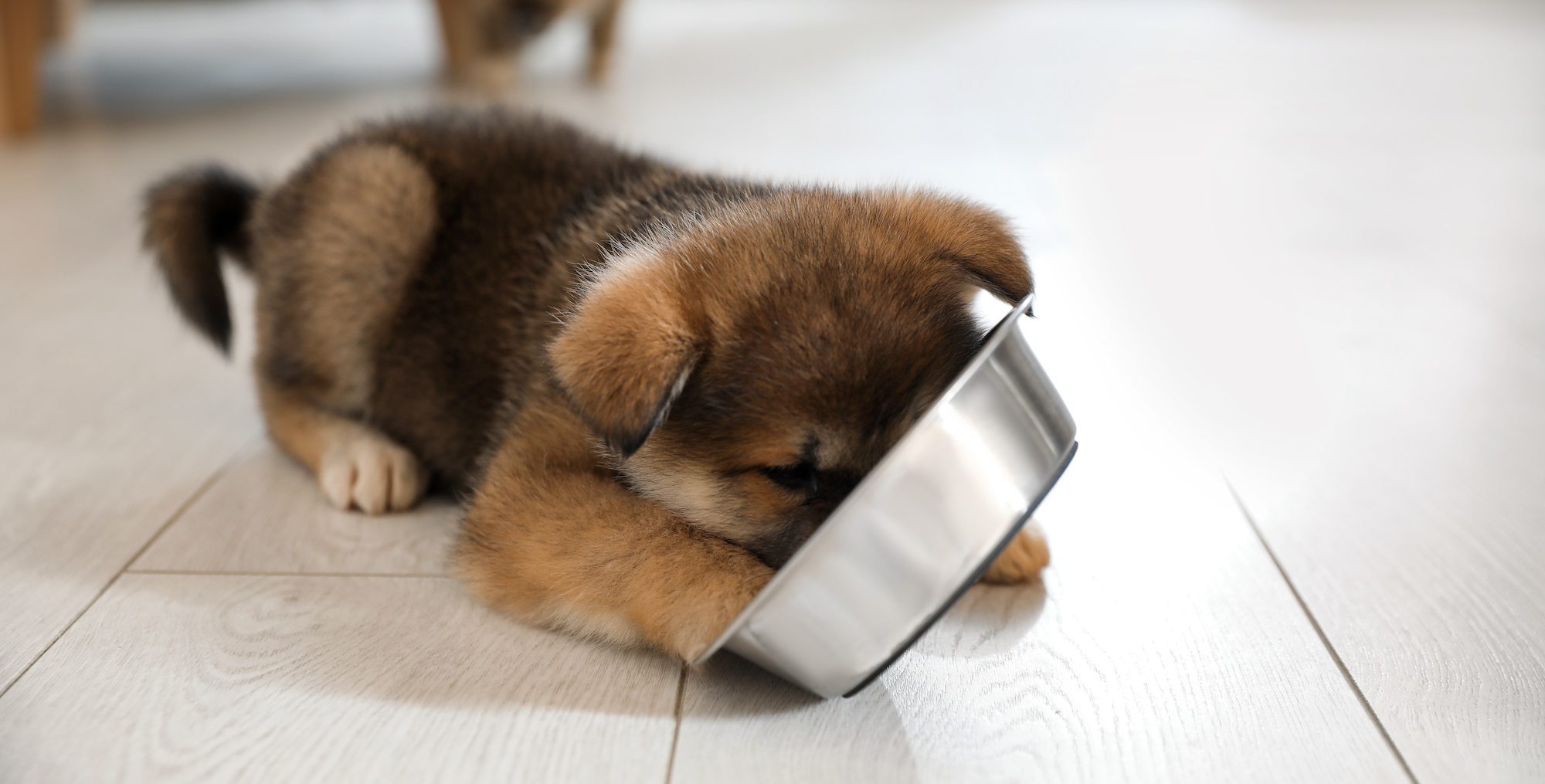From teething and potty training to socialization and forming healthy bonds with their humans, everything about puppy training is an education not only for the puppy but for the puppy owner as well. It’s not always easy, but having a puppy provides a great opportunity to learn how a dog sees the world, and to build the best possible relationship with a canine companion.
Before you start teaching the specific “skills,” like sit, stay, and going potty outside, here are some fundamentals to start with, and some of the steps you can take to create a balanced, happy life together.
Start training your puppy on day one
Two of the most common questions among owners of new puppies are: when should you start training a puppy, and what things should you start teaching? And while there are some age guidelines for certain skills, many trainers say that your pup’s education starts the minute you bring them home.
“I always start by saying that whether you are training or not, your puppy is learning,” says Tyler Muto, Founder and Instructor at Consider The Dog and K9 Connection Dog Training in Buffalo, NY. “The only question is what are they learning? In that sense we really want to be mindful of what we’re teaching our puppy from the very moment we get them.”
Christine Young, a certified professional dog trainer in California who specializes in puppy training through The Puppy Care Company, agrees it is never too early to start training. “Training is always happening,” says Young.
Think about how you want to live with your puppy
Muto notes that it’s helpful if owners don’t separate the idea of formal training from the everyday life skills you want the dog to have. “A lot of time when people think about training, they think about “sit,” “down,” “come,” and those basic commands, which you can definitely start right away,” he says. “But your puppy is already learning all kinds of things about your routines and your lifestyle and what kind of person you are.”
He says to consider things like:
What are the rules around the house?
What are the boundaries you want your puppy to observe?
“We want to make sure we have a clear idea going into this of what we want from the dog,” he says. “As far as teaching those basic life skills you start those right away; you don’t want to waste time. Because the puppy will be building habits and learning things the moment they walk into your house.”
The puppy training skills to start with
Taking the time before you even get a puppy to think about what lifestyle you want to have with your dog, what kind of activities you want them to do with you, and what skills are important for them to be integrated into your lifestyle.
For example, maybe you have a lot of guests who come to your house. So one priority might be establishing: What do you expect of your pup when you hear the doorbell? “That is a life skill that you’ll expect of your puppy and that you can focus on right off the bat,” says Muto.
Muto says he starts training on day one with “what are the exercises that will have the biggest impact on my life with this puppy? What do I need this puppy to know? For me, coming when called is essential so I start teaching it off the bat.”
For most new puppy owners owners, these are the key things to work on from day one:
Sit
Stay or “go to place”
Recall: having them come when called.
And, of course potty training.
During the first three weeks, start adding in some safe socialization time with new people, other pets and novel experiences.
Train your new puppy to be independent
Puppies learn from everything and everyone they meet—you in particular. Make sure you’re setting up the relationship dynamic you want long-term. That is, try to avoid carrying them everywhere, having them in your arms 24/7, or having the run of the house. Allow them to learn to happily spend time chewing on a toy alone, or spend nap time in their crate. This goes for dogs of all sizes—sometimes smaller dogs aren’t subject to the same level of training and boundary-setting as bigger dogs.
Puppy training checklist
- Crate: be sure it’s the right size for your puppy, allowing enough room to stand and turn around, but not enough space that they have room to go potty and avoid the mess.
- Bedding
- Bowls
- Leash and harness or adjustable collar
- Puppy-safe toys: puzzle toys and chew toys
- Vet-approved shampoo and brushes
- Baby gates
- Poop bags
- Enzyme spray for accidents
- Dog toothpaste and toothbrush
- ID tags
- Dog food!
Read more about puppy care in our Puppy Guide.








